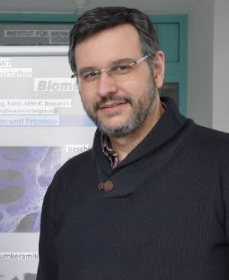Professor Fernando Bresme
Imperial College London
Department: Chemistry
Institution: Imperial College London
Email: f.bresme@imperial.ac.uk
Phone: +44 (0)20 7594 5886
Website: https://www.imperial.ac.uk/people/f.bresme

Research summary
Our research is concerned with the computational and theoretical investigation of the structure and dynamics of complex interfaces of chemical relevance; colloids, biopolymers, membranes and nanomaterials, which form the building blocks of soft materials. The interfacial physico-chemical behaviour often confers striking properties to these materials, by mediating and promoting a whole range of chemical processes.
One of our main areas of interest is the investigation of transport phenomena at nanoscale interfaces. Current efforts are directed towards the development of computational tools to quantify energy transport across these interfaces, and the application of these tools to design high performance materials for energy management problems (e.g., super-insulating and highly conductive media) and nanomaterials with chemical and medical applications (e.g. catalysis, medical therapies).
We are particularly interested in the investigation of novel physical concepts for energy conversion and energy recovery applications (e.g., recovery of waste heat). We combine non-equilibrium and equilibrium computer simulations, non-equilibrium thermodynamics theory and experiments to investigate energy conversion processes in molecular machines.
Keywords
Energy Conversion, Aqueous Solutions, Graphitic Materials, Water, Colloids, Adsorption, Associating Fluids, Capillarity, Catalysis, Cavitation, Conductivity (Electrical), Conductivity (Thermal), Confined Fluids, Dispersion Interactions, Entropy Production, Foams, Heat Conduction, Hydrophobicity, Interfaces, Ionic Liquids, Lipid Membranes, Phase Transitions, Self-Assembly, Soft Condensed Matter, Thermoelectric Effect, Wetting, Nanofluids, Nanoparticles, Nanopores, Surfactants, Thin Films, Liquid-State Theory, Colloids, Nanofluids, Nanoparticles, Nanopores, Quantum Dots, Surfactants, Liquid-State Theory
